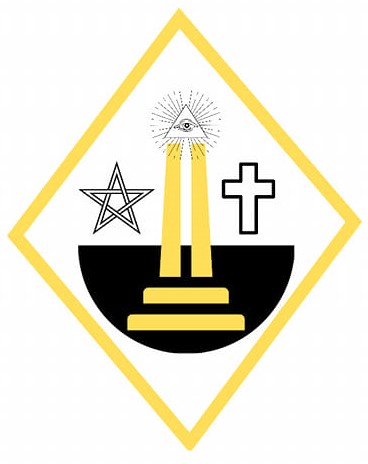In the summer of 2023, I was elected bishop by the Holy Synod of the Ancient Apostolic Church of Alexandria (AACA). My consecration was to have taken place in October of 2023, but due to my accident, surgery, and subsequent complications, it has been postponed until May of 2024.
Bishops are teachers of the faith, and vow to “guard the faith, unity, and discipline of the Church.” This can sometimes be challenging in this ever-changing world we live in; we need guideposts along the way. Guarding “the faith” does not mean sticking to things that do not work or language one can no longer understand. God is continuing to reveal God’s self to humanity, and as such, we need to be willing to reinterpret what we thought we understood, considering our age.
The AACA is a micro-denomination consisting of very few clergy and an even lesser number of lay people. The AACA is an inheritor of the Old Catholic and Liberal Catholic traditions, which I will explore further in this essay and the following.
Having a solid foundation is essential in any discussion, especially a theological discussion, so to that end, a common understanding of terms is essential.
In his book, “A Catechism for the Liberal Catholic Church,” Bishop Wynn Wagner defines the term “liberal” not in its most common form, political, but from a theological understanding. “The word ‘Liberal’ comes from the Latin word for ‘free.’ We strive to be free and generous in our thinking and our actions. We try to let you be as free as you are, so we try to avoid bigotry and divisive dogma.”
With this definition in mind, the AACA has set for the following vision:
“The vision of the Ancient Apostolic Church of Alexandria is to honor the past while embracing the present. We seek to respectfully engage creedal theology while dialoging deeply the esoteric and mystical themes that have been always present in the church, but which have at times been suppressed and ignored. Ours is a vision of contemplation and service. We walk a pilgrim path seeking ever to enjoin fellow spiritual sojourners in the way of wisdom and Transfiguration.”
The other problematic word in a discussion such as this is the word “catholic.” The title of this essay is “Not all Catholics are Roman.” When one uses the term “catholic,” one immediately thinks of Rome, and that is all well and good, but the definition is much broader than that.
Again, turning to bishop Wagner, “The word ‘catholic’ is often translated as ‘universal’ and that is a fairly good definition. It actually comes from the Greek word that means ‘whole.’” Bishop Wagner continues, “If you are universal, you can be many things at the same time… The word universal is a way of saying something is a generic fit for everything. If something is whole, it is a healthy fit, a fundamental fit. A universal church can divide believers from non-believers, while a whole church sees God’s hand at work everywhere.”
Although I will explore the history of the Liberal Catholic Church in another essay, the LCC was founded in 1916 by Bishop James Ingall Wedgwood and further built upon by Bishop Charles Webster Leadbeater. The LCC combines the sacramental practice of the “catholic church” with freedom of belief. In essence, the LCC is catholic but reformed. The AACA seeks to deconstruct the Liberal Catholic Church tradition holding three qualities in tension: tradition, innovation, and culture.
Quoting from the website of the AACA
“The three qualities we hold in tension guide us in our continued reconstruction of the Liberal Catholic Church tradition in that we value and honor the rich theological heritage of sacramental Christianity seen in the Roman Catholic Church, the Eastern and Oriental Orthodox Churches, and within Anglicanism, and with the Liberal Catholic Church tradition evolved in the past hundred plus years. We are not stuck in tradition, holding onto it like a golden calf; instead, we endeavor to seek liturgical and theological innovation that honors the past, respects the present, while looking reverently to the future.”
Wagner, W. (2008). A Catechism of the Liberal Catholic Church (3rd ed.). CreateSpace Independent Publishing Platform.
Website of the Ancient Apostolic Church of Alexandria: aacofa.org

